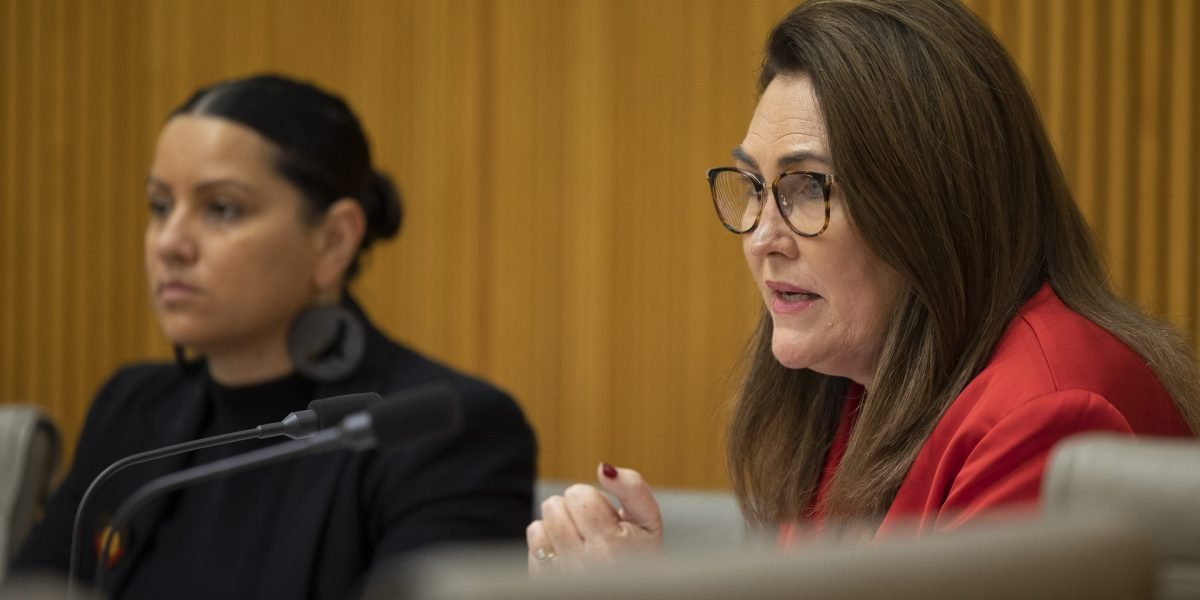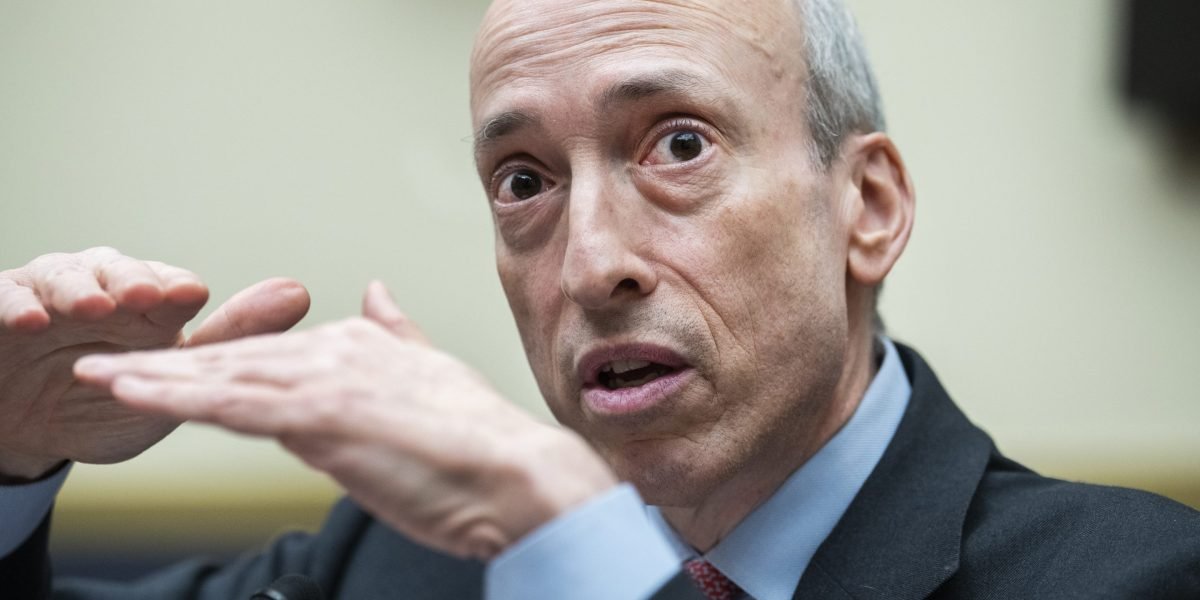“Are you really worth seven times the salary of the Australian prime minister?” That was the question posed to Deloitte Australia CEO Adam Powick during a grilling in the Senate.
“No,” he replied. “I happen to deeply recognize that I’m incredibly privileged to earn what I do for what I do.”
Sen. Deborah O’Neill may not have been expecting that answer. She and Sen. Barbara Pocock were questioning Deloitte’s top executives at a public hearing on Monday as part of a larger inquiry into the integrity of consulting firms that provide services to the federal government following a tax leak scandal at fellow “Big Four” firm PwC (PricewaterhouseCoopers), when eight partners at PwC, including its former Australia CEO Tom Seymour, were found to have misused confidential government information to help multinational companies avoid paying more taxes.
The Deloitte CEO earns around AUD $3.5 million (USD $2.3 million), while Anthony Albanese, the Australian Prime Minister, reportedly earns AUD $564,356 (USD $385,000).
When the committee asked how many employees earned more than AUD $1 million (USD $682,000), Deloitte chairman Tom Imbesi refused to disclose the information, citing “commercial sensitivities,” Australian Broadcasting Corporation (ABC) News reported.
“So, providing the number of people in million-dollar bands is something you’re not comfortable giving to the Australian public given that last year you took $712 million of public money?” Sen. Pocock responded.
Powick later revealed that the average base salary for a partner was between AUD $500,000 and $600,000 (USD $340,000 and $410,000).
The Big Four under scrutiny
In light of the PwC scandal, at least one expert is calling for the overhaul of the “Big Four”—PwC, Deloitte, KPMG, and EY (Ernst & Young).
Allan Fels, an Australian economist and former chairman of the ACCC (Australian Competition & Consumer Commission), spoke to the senate inquiry, expressing the need for “public criteria about the circumstances in which governments can engage consultants,” The Guardian reported.
Fels called for the breakup of the firms’ auditing divisions from their consulting and advisory divisions. The firms had once argued there were benefits to combining the divisions, according to Fels.
It was “a dangerous argument for them to run because it seems to admit that there is indeed a connection between consulting and advisory activities and audit—despite their claims that they can be kept separate,” he said.
KPMG Australia CEO, Andrew Yates, deemed PwC’s actions “disturbing” and “unacceptable” in another senate hearing and proposed reforms to restore trust in the industry, although he did not go as far as Powick in calling himself privileged and overpaid.
“There would have been strong action taken by our chairman and board, and subject to any legalities that I’m unaware of, the names would have been shared,” Yates said.
The senate committee also questioned Deloitte executives about its handling of staff complaints. So far this year, 121 substantiated complaints have been filed. Forty percent of those were related to bullying, 22% to sexual harassment, 12% to discrimination, and 10% to the misuse of confidential information, Sen. Pocock said.
Deloitte did not immediately respond to Fortune’s request for comment.





